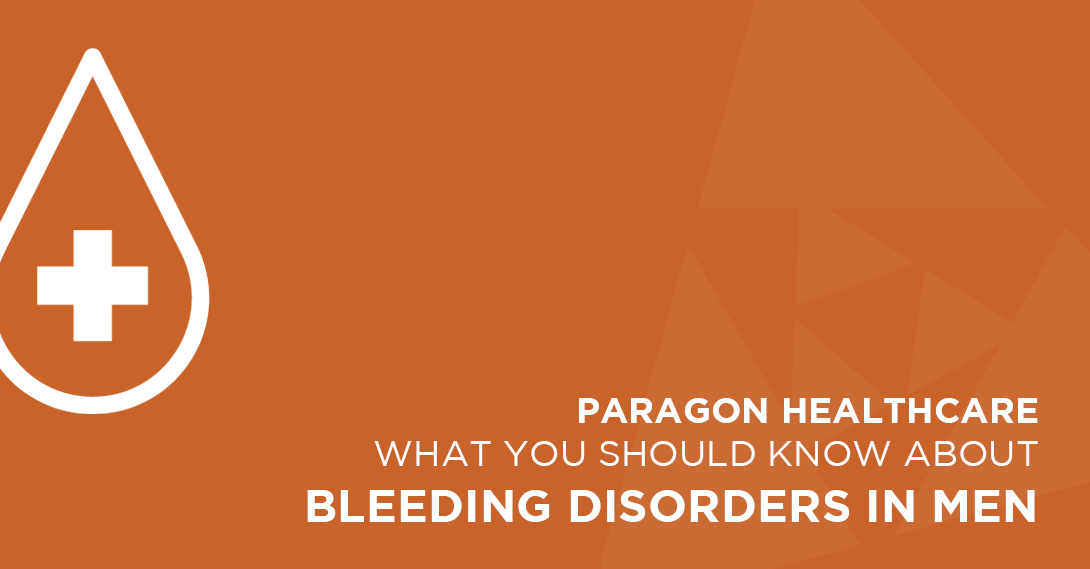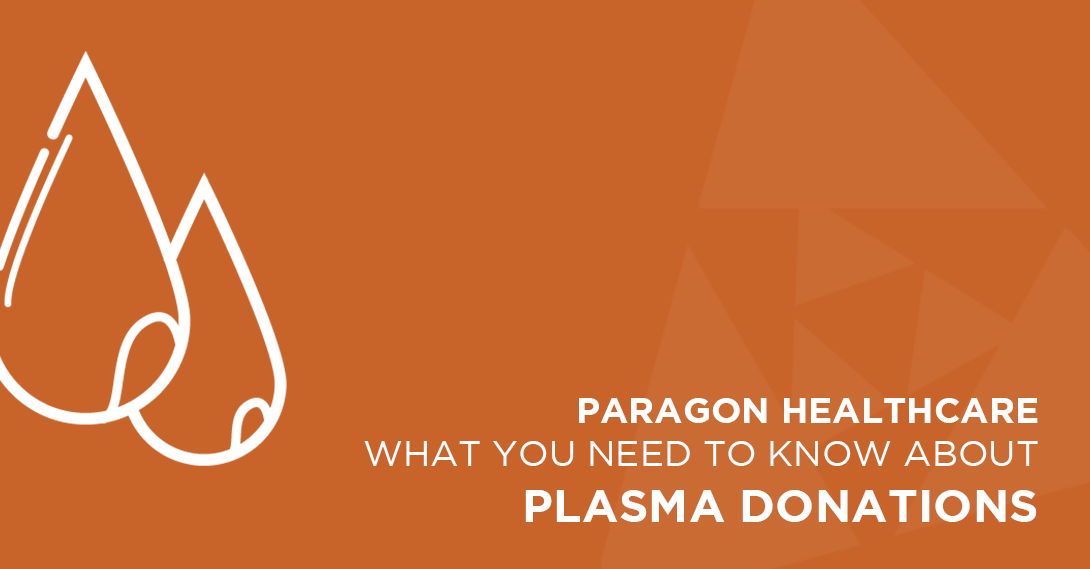Von Willebrand Disease (vWD) is a rare bleeding disorder caused by a genetic defect. It affects about 3.2 million people in the United States, making it the most common bleeding disorder. People with vWD cannot form a suitable clot because there is an insufficient amount of von Willebrand factor in their blood, or it does not work properly. The condition is named after Finnish physician Erik von Willebrand, who first described it in the 1920s. According to the CDC, 1 in every 100 people have vWD. Women are often more likely to notice the symptoms due to heavy or abnormal menstrual bleeding and bleeding after giving birth. For more information, visit https://www.cdc.gov/ncbddd/vwd/facts.html.
The most common symptoms associated with VWD include:
- Mild bleeding from the mucous membranes and the skin (mucocutaneous sites), including chronic nosebleeds (epistaxis) and bleeding from the gums.
- Easy bruising and prolonged bleeding from minor cuts may also occur. Bruising can extend to large areas of the body.
- Women may experience heavy and prolonged bleeding during their menstrual period (menorrhagia) or during and following childbirth. If left untreated, heavy menstrual bleeding may lead to anemia and iron deficiency.
- Some individuals may experience heavy, prolonged bleeding following trauma, dental procedures, or surgery.
Von Willebrand Disease is divided into three main types, with a fourth type being acquired vWD, which is not hereditary. Learn more about these three main types:
- Type 1 – About 85% of people diagnosed with vWD have type 1, the mildest form. People with type 1 have lower than normal von Willebrand factor in their blood.
- Type 2 – About 20% of those diagnosed with vWD have type 2. This type has a normal amount of vW factor in their blood, but it does not function as it should. There are four subtypes of Type 2: A, B, M, and N.
- Type 2A occurs when the vW factor multimers are not the right size, which prevents the platelets from making a suitable platelet plug.
- Type 2B occurs when the vW factor multimers are not the right size and cause the vW factor to become overactive.
- Type 2M occurs when the vW factor cannot cling to the platelets preventing a suitable platelet plug from forming.
- Type 2N occurs when the vW factor cannot perform its job as the carrier and protector of another factor in the blood, factor VIII. Sometimes this bleeding disorder is confused with or misdiagnosed as hemophilia, but it is not because the issue is with the von Willebrand factor, not factor VIII. This subtype is sometimes referred to as Type 2 Normandy, which is attributed to patients first diagnosed with this subtype in the Normandy region in France.
- Type 3 – Only 3% of those diagnosed with vWD have type 3. This type has little-to-no vW factor in their blood, increasing their risk for severe bleeding into joints.
Depending on the type of vWD, it is treated with medication that is given orally or medication that is given into the vein to replace the missing clotting factor. Medication for vWD and hemophilia is provided by a specialty pharmacy, such as Paragon. We make the transition from a patient’s current provider to our service as smooth as possible. Patients are welcomed into the Paragon family and immediately made to feel at home. We focus on building relationships with each patient so that we can best understand and meet their needs.
Wherever you are on your journey, we’re here to support you. We are here to help you identify the obstacles in your life and determine how best to overcome them to improve your quality of life. For more information about joining the Paragon family, visit https://paragonhealthcare.com/hemo/.







